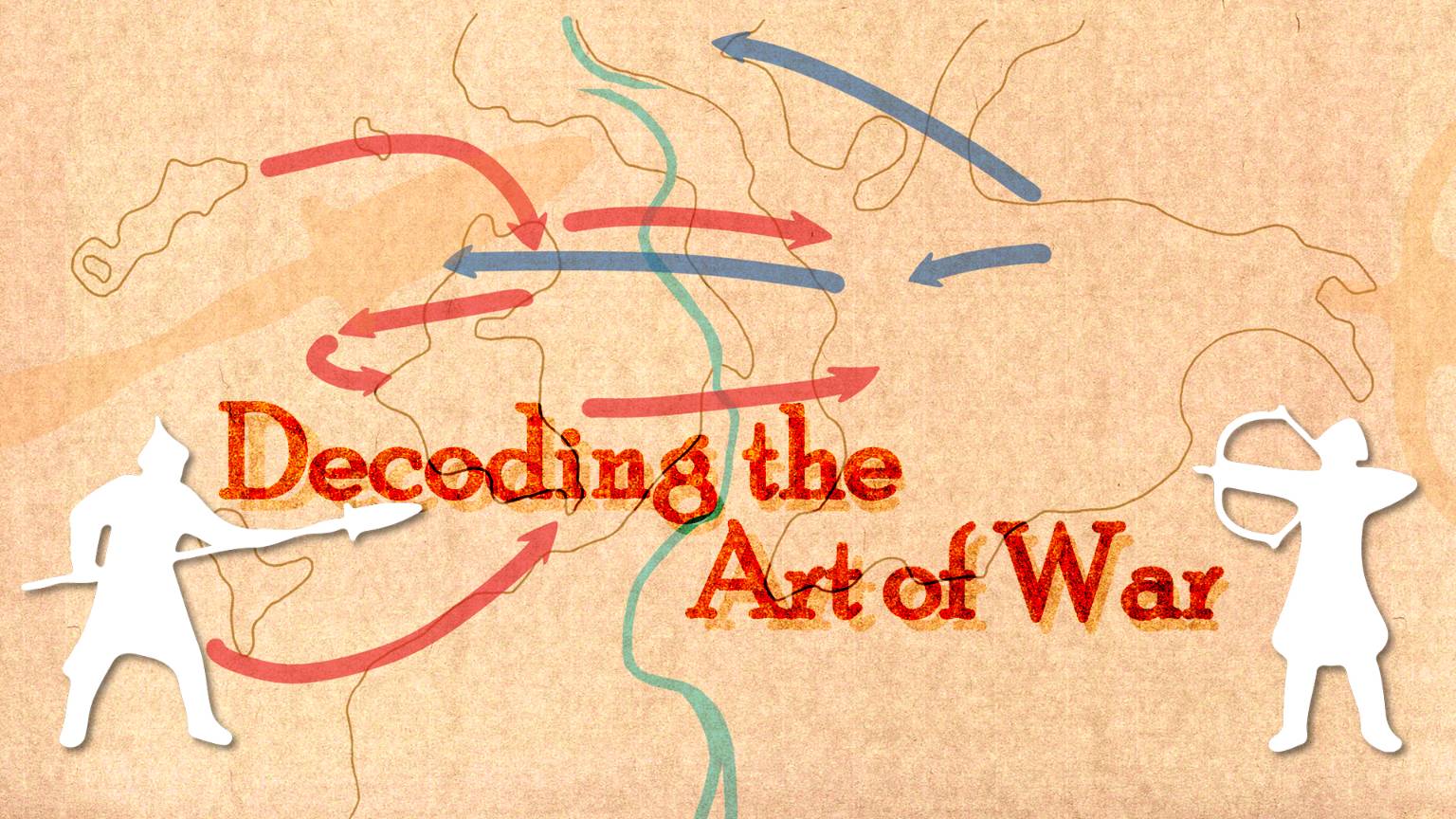Understanding “The Art of War” by Sun Tzu hinges on three fundamental principles, which are indeed facts.
- “The Art of War” is not about fighting but about avoiding conflict.
- It’s not about winning battles but about avoiding defeat.
- It’s not about winning with fewer resources but about winning with more.
To comprehend “The Art of War,” grasping these three points is crucial. Many individuals fail to understand this book because they initially veer off course, assuming it’s a manual for winning battles. Some even misinterpret the “calculations” in Sun Tzu’s strategies as tactics of deceit and cunning.
In truth, within “The Art of War,” the term “calculations” (‘计’) does not refer to schemes or tricks but rather to assessing the balance of power between adversaries. This involves the “Five Factors” and “Seven Considerations.”
The “Five Factors” are the aspects of Dao (moral influence), Tian (weather), Di (terrain), Jiang (leadership), and Fa (doctrine or laws). The “Seven Considerations” are posed as questions: Who has the moral law – the ruler or the general? Who is better able to exploit weather and terrain? Whose doctrine is most sound? Whose troops are stronger? Whose officers and soldiers are better trained? Whose rewards and punishments are more evenly applied?
“The Art of War” begins with the assertion: “Warfare is a matter of vital importance to the state; it is a subject of life or death, a road to either survival or ruin. Hence, it is imperative to examine it.”
Understanding this statement clarifies that the “calculations” in Sun Tzu’s strategies refer to thorough analysis.
To put it in contemporary terms, it’s akin to SWOT analysis—evaluating the strengths, weaknesses, opportunities, and threats before engaging in a conflict. If it were about deceptive tactics, there would be no need for such analysis; one would simply unleash major maneuvers.
During this assessment, ancient strategists posed seven fundamental questions:
- Does the ruler possess moral authority?
- Does the general possess capability and competence?
- Who benefits from favorable weather and terrain?
- Whose laws and regulations are more effective?
- Whose forces are stronger?
- Whose soldiers are better trained and prepared?
- Whose system of rewards and punishments is more justly applied?
Understanding these “Seven Considerations” reveals that warfare is about science rather than superstition.
Only after analyzing the “Five Factors” and “Seven Considerations” can one discern whether to engage in a battle and, if so, how to proceed.
As I mentioned earlier, “The Art of War” is not primarily about warfare but about avoiding it. It’s not about winning battles but about preventing defeat.
In the initial chapter, Sun Tzu states, “Calculations win, lack of calculations leads to failure. How much more so in war, where the outcome is so crucial?”
Many people misunderstand this as simply needing more calculations to win. However, it’s not about quantity but about the comprehensive analysis derived from the powerful analytical system of the “Five Factors” and “Seven Considerations.” A greater assessment means better chances of victory. If the assessment is inadequate, victory becomes unlikely.
Hence, Sun Tzu’s brilliance lies in utilizing an ancient form of SWOT analysis, leaving no stone unturned.
In the opening chapter, Sun Tzu advises that the foremost consideration in warfare is evaluating the probability of success. If victory seems feasible, engage; if not, refrain.
Consider the first chapter of “The Art of War” as an experiment. In business operations, the principle remains the same. For instance, if you’re well aware that opening a restaurant in a certain area will inevitably lead to financial losses, but you rationalize and still proceed, it’s akin to gambling. Relying on gambling for victory often leads to catastrophic failures, as history has shown in numerous wars.
In essence, Sun Tzu’s teachings advocate prudence and calculation over blind confrontation and risk-taking.
If you want a quick overview of Sun Tzu’s Art of War, I suggest you read THE ART OF WAR SUMMARY.
